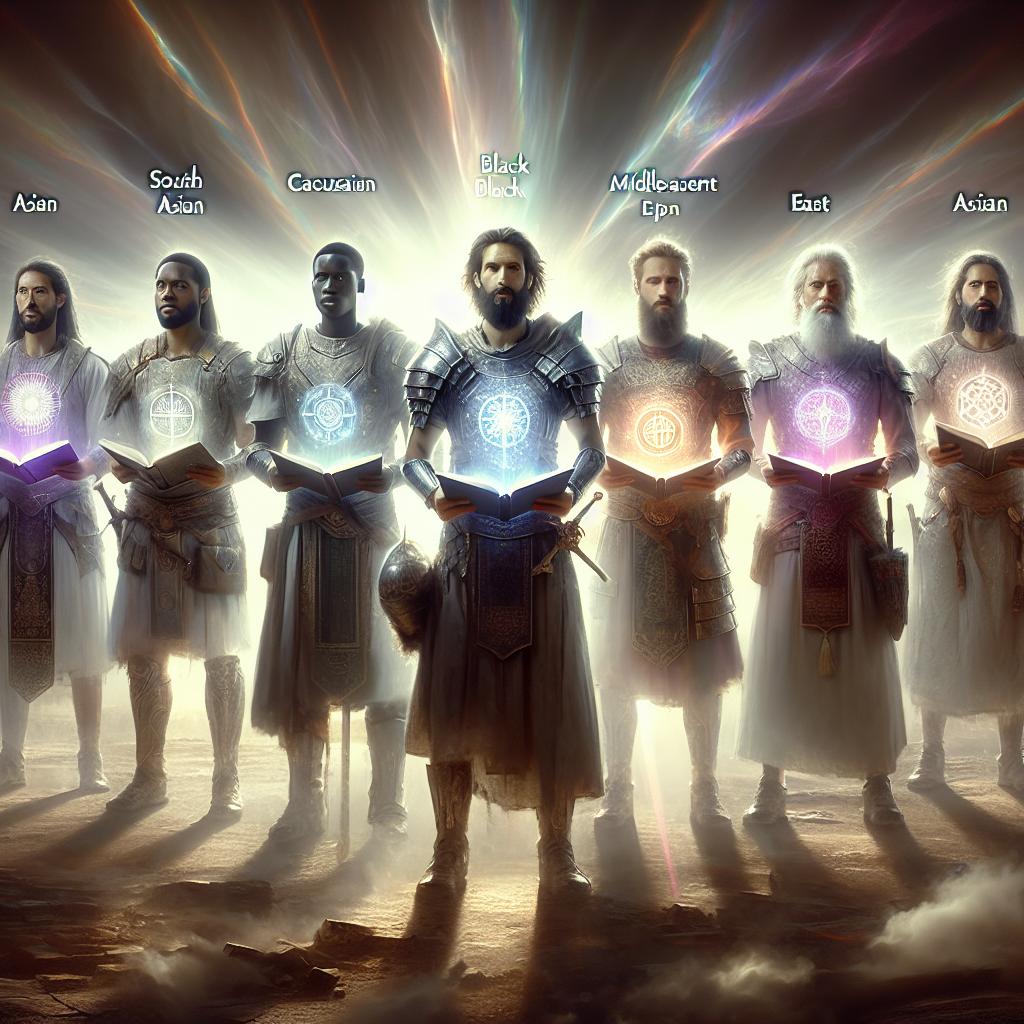
10 Brave Warriors with Words: Empowering Christian Voices in the Spiritual Battle
Published: 14 April 2024
Brave Warriors with Words
During World War II, a group of Native American code talkers played a crucial role in the US victory in the Pacific. These code talkers, specifically from the Navajo tribe, used their language as an unbreakable code that the Japanese never managed to decipher. The complexity and uniqueness of the Navajo language made it an ideal choice for secure communication on the battlefield.
The Unbreakable Code
The Navajo language, despite being unwritten and devoid of an alphabet or symbols, is far from primitive or underdeveloped. In fact, it is a highly complex language with intricate tonal qualities that make it incomprehensible to those not extensively trained in it. Only about 30 non-Navajos in the world could speak the language at that time, none of whom were Japanese.
In 1942, Philip Johnston, the son of a missionary who grew up on a Navajo reservation, convinced the Marine hierarchy that using Navajo as a code would be impossible for the Japanese to crack. The first 29 Navajo recruits created the Navajo code, where each English letter corresponded to a specific Navajo word starting with that letter. This code allowed them to transmit and decode messages rapidly, at a speed of approximately 90 times faster than contemporary machines.
The Code Talkers' Heroic Contributions
As the battle for Iwo Jima raged on, six Navajo code talkers worked tirelessly around the clock, successfully sending and receiving around 800 messages in just two days without any errors. Overall, more than 400 Navajos were trained as code talkers and participated in every Marine assault in the Pacific during the war. Their incredible skill, speed, and accuracy became legendary.
The contribution of these code talkers was so significant that Major Howard Connor, the signal officer for the 5th US Marine Division at Iwo Jima, famously stated, "If not for the Navajos, the Marines would never have taken Iwo Jima." This sentiment is widely shared among military historians and tacticians.
The Mystery of Information
The Navajo code talkers' use of their language as an unbreakable code parallels a mystery in biology—the existence of a code within every living organism. Inside each cell, there is a code written in DNA, consisting of chemical letters that carry instructions for building the components of a living creature. This code cannot arise through natural processes alone, but requires the action of a mind or program.
Evolutionists struggle with explaining the origin of this code within their naturalistic framework. However, they face two insurmountable hurdles. Firstly, true information does not arise naturally; it always originates from a mind. Evolutionists fail to provide factual examples of natural processes generating information, which highlights the need for an intelligent source behind the complexity of life.
Secondly, even if the hypothetical first protocell on Earth had somehow developed a functional protein, it would be useless without the complex machinery to translate the DNA code into amino acids. Just as the Japanese hierarchy could not understand the Navajo messages without knowledge of the language, a code within DNA is meaningless without the existing machinery to interpret it.
Why This Matters
Understanding the significance of the Navajo code talkers and their unique language can help us appreciate the complexity and design found in both human communication systems and the intricate information encoded in DNA. These examples challenge the notion that such complexity could arise through random processes alone and point to an intelligent Creator who designed these systems.
Recognizing that information comes from intelligence and that codes require pre-existing knowledge of language helps us see the limitations of evolutionary explanations for life's origins. It encourages us to explore alternative perspectives that align with biblical truth and acknowledge God as the ultimate source of information and design in the universe.
Think About It
Consider the remarkable skill of the Navajo code talkers and the impact they had on the outcome of World War II. Reflect on the complexity of language and how it facilitates communication. Contemplate the intricate information encoded in DNA and its role in building and sustaining life. How does this challenge your understanding of origins and the naturalistic explanations often presented in mainstream science?
